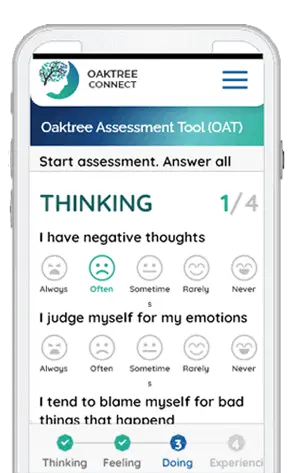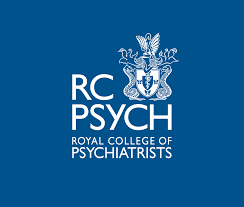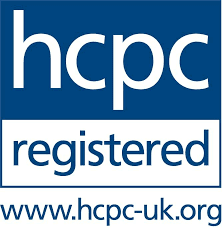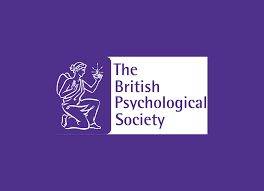Psychosis
Psychosis by definition is an impairment of reality that causes cognitive and behavioural disturbances. The person suffering from it may experience delusions, which is conviction and belief in thoughts that do not have a basis in reality, and/or hallucinations, where people may hear, see, feel or taste things that are not there in reality.

Facts About Psychosis
Globally

At least 23% of older adults will experience psychotic symptoms.
Assessment and Diagnosis
Oaktree Connect offers a full psychiatric assessment which includes:
- Assessment by an Older Adult Psychiatrist that will include personal and family history that might result in contributing towards psychosis, Investigation of non-psychotic symptoms in line with DSM-5 guidelines.
- Comprehensive medication review including history of drugs taken, compliance, drug resistance and alternative effective medication.
- Treatment recommendations
In patients over 65 years of age, it may be caused by physical disorders like stroke, dementia, confusion (delirium) due to infections elsewhere in the body, for example urinary tract, chest infections etc. It can also be a side effect of the medication that the individual maybe taking for a physical disorder.
Psychiatric disorder present at this stage in life for the first time is less likely but possible. In this case, it could be due to late onset Schizophrenia or Bipolar affective disorder or as a result of drug or alcohol misuse. The other contributing factors are neurochemical changes associated with aging, social isolation, sensory impairments (poor eye sight, deafness ) and polypharmacy (most older adult have at least two medications for physical health issues and the number of medications taken by older adults increase with age).
This is a condition that needs immediate professional attention, assessment, treatment and care.

Treatments
Psychosocial interventions:
- Safety concern to minimise risks,
- Validating approach, which means sensitivity to explain their validity gently and providing education for patient and family/caregivers.
- Minimising environmental triggers, for example: night checks, reducing excessive change of place, noise
- Minimise sensory deprivation by prodigy or ensuring access to – hearing aids, spectacles, improving lightening, providing enhanced-contrast material, larger type faces or objects.
- Positive mental stimulation through music and tactile sensations e.g. touch and massage can help.
- Psychoeducation to families and caregivers

Oaktree Assessment Tool

Contact Us
To book an online mental health assessment appointment with Private Psychiatrists, Private Psychologists and Private TherapistsWe aim to respond within one working day








